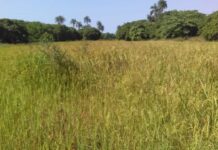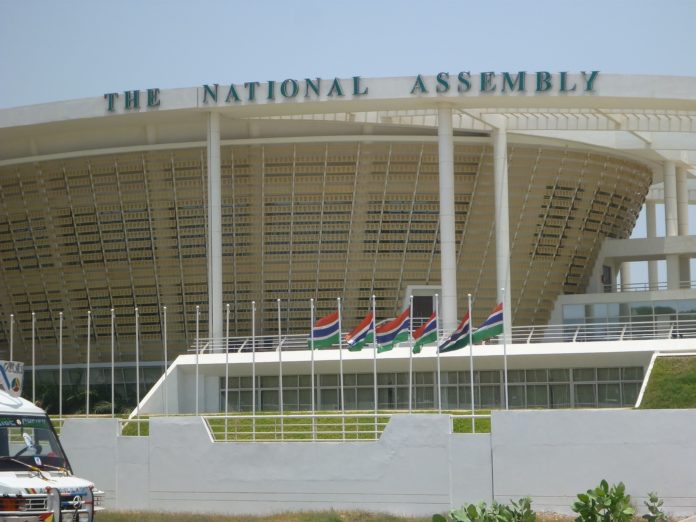An unexpected debate erupted between the National Assembly member for Serrekunda and the Attorney General and
Minister of Justice at the National Assembly when the member tabled a motion for the suspension of the debate and remitting of the motion to the committee on human rights and constitutional matters for a review on the substantive issues before the commencement of the debate.
Sallah observed that according to the Attorney General, a state of public emergency was declared on 18th March 2020 under section 34 of the Constitution and that on 27th March 2020 another state of public emergency was declared. He raised the issue that according to section 34(2), it shall lapse at the expiration of seven days if the National Assembly is in session but shall last for a period of 21 days if the National Assembly is not in session beginning on the day the proclamation is published in the Gazette. Sallah argued that it is more than one week before the introduction of the second declaration of emergency and emergency regulations are pronounced over the air and may have continued to be enforced even after the lapse of the first declaration. He added that regulations must be published in the Gazette before they become law. They should not be issued like decrees over the air. He therefore emphasised that the National Assembly should allow its committee on human rights and constitutional matters to review all the legal issues surrounding the state of emergency and whether the regulations are reasonable and justifiable in a democratic society and report to the National Assembly to inform the debate.
The Attorney General and Minister of Justice on his part argued that under subsection (6) of section 34 of the Constitution, proclamations could be made after the lapse of a declaration of a public emergency. He argued that it is mentioned that what is provided in the regulations must be reasonably justifiable in a democratic society but at abnormal times, it could encroach on fundamental rights.
Sallah argued that what should be avoided is to give the executive precedence and allow it to lapse only to declare another one. If this is made a practice, then one could avoid resorting to the National Assembly for a resolution to extend state of public emergencies. He argued that since the National Assembly was in session before the lapse of the first declaration, the executive could have brought a motion to the National Assembly for extension and the National Assembly could have been able to consider the motion.
The National Assembly finally adopted the motion to refer the motion to the committee on human rights and constitutional matters for a review.



















